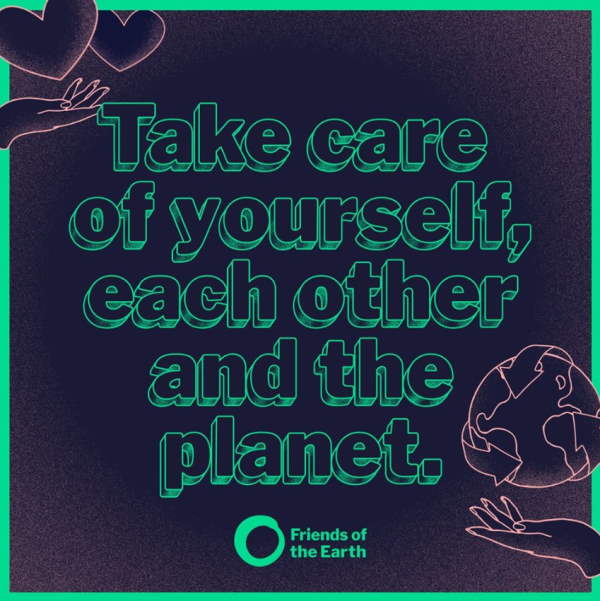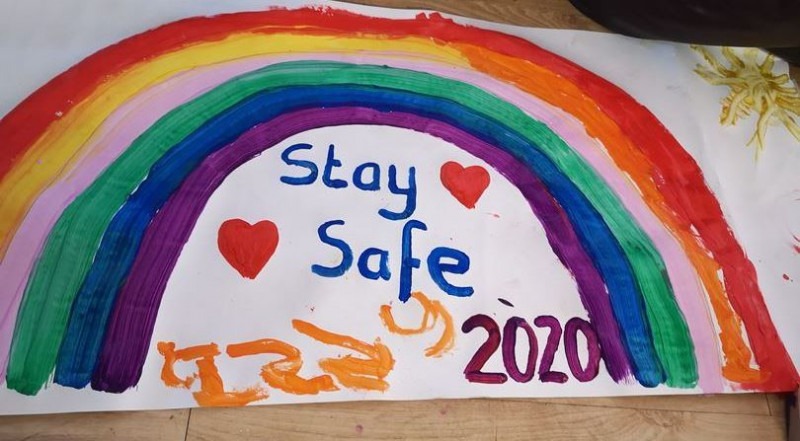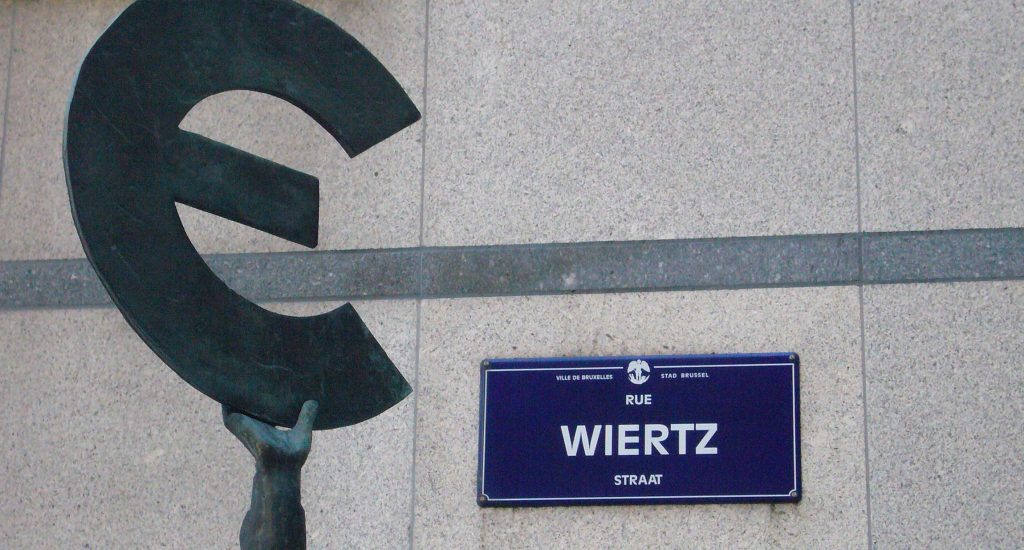By Jagoda Munic, director, Friends of the Earth Europe
Open any news site right now, and it is hard not to feel completely overwhelmed. With the majority of the world’s population in an unprecedented global lock-down, and the continued grim spread of coronavirus infections and casualties, these are truly scary times the likes of which we have never known.
They are also showing us the strength of human solidarity and compassion.
Waves of solidarity
This coronavirus crisis is unleashing waves of solidarity and community action.
In the middle of adversity, we see neighbours and strangers caring for each other. Volunteers are getting together online and offline to provide support, to babysit for healthcare workers, to pick up shopping for those at risk in isolation, to set up telephone friendship groups. An energy cooperative raised £100,000 for relief efforts; former doctors and nurses are returning to hospitals to help; cooking collectives are preparing meals for refugees and homeless people; people have been donating to baskets for those who can’t afford food.
Mutual aid and bonding initiatives have sprung up out of people’s care for one another.
We are inspired by the many stories of community support and solidarity in these dark times.
— Friends of the Earth Europe? (@foeeurope) April 3, 2020
The power of communities to work together is key to the response now and should be supported in the recovery effort!https://t.co/VBF8v1qZXb
Coronavirus reveals role of essential service workers
Coronavirus reminds us that it is ordinary workers who hold many things together.
More than ever, we are aware of the people in caring professions and essential services, working for others. And of the importance of access to healthcare and our public services.
And more than ever we are appreciating the work of many people in poorly paid jobs including shop cashiers, farm workers, cleaners and waste collectors, to mention a few, whose role has also gone undervalued for too long.
We shall continue to applaud them from balconies, but beyond that we should be ready to stand with them in demanding decent working conditions. And we should be ready to fight to make sure the people already at the bottom do not lose out most in the predicted upcoming recession.

Coronavirus reveals the importance of resilient, healthy ecosystems
Epidemics and diseases have been shown to be related to the destruction of natural forests and other land use changes, the increase in factory farms packing livestock close together, the illegal trade in wild animals, and invasive species that carry microbes into new habitats. Added to that, our economies have been built around being highly mobile, living in densely populated cities, and over-consuming products from fast-moving, complex global supply chains.
In other words, we have created the perfect conditions for viruses to spread – and to create maximum disruption.
We must reconsider our relationship with nature – restore ecosystems and biodiversity, end factory farms, and create more resilient, localised models of production to avoid future pandemics and to live in harmony, not competition, with the natural world.
This is not a just transition
Satellite images and data have shown striking improvements in air quality and reduced emissions during lock-down. There are also anecdotal observations of wildlife reclaiming abandoned spaces, baby turtles hatching on emptied beaches. But let’s be clear, there is nothing to celebrate here.
Though nature can temporarily quickly rebound, this coronavirus crisis is a human catastrophe costing many thousands of lives and inordinate disruption to people’s livelihoods.
Coronavirus is not what a just transition to more sustainable societies looks like. Emissions cuts and biodiversity restoration will only be sustainable if achieved in a planned and managed way with social justice at its core – putting workers and communities first.
"COVID-19 is a disaster for humanity. There is no silver lining in the temporary climate emissions reductions that have resulted".
— Friends of the Earth Scotland ? (@FoEScot) March 31, 2020
Here's why Coronavirus is NOT good news for the environment: https://t.co/3RPwIXr5zk pic.twitter.com/lNANjQWKyg
Let’s build back greener
There will be an after corona. How we build back and repair our broken economies is a choice.
After the last economic crisis, European governments doubled-down on neoliberalism – imposing austerity and bailing out big banks and industries. The result was run-down public services, eroded democracy, environmental degradation, hideous inequality, and unsustainable economies vulnerable to shocks.
This time, the planet cannot afford the same mistake. Because people have suffered enough, and we don’t have another decade to halt runaway climate crisis and biodiversity collapse.
This time, let’s choose to build back more resilient, equal, greener, and more caring economies. Instead of supporting big polluting industries, let’s support people most impacted, and focus on quality services and good, safe and sustainable jobs for all. With quality low-energy buildings and public transport, locally controlled low-resource models of production, and a robust and sustainable food system.
Instead of canceling the EU Green Deal (as some lobbyists are advocating), let’s double down on transformational policies, investment in sustainable solutions, and the just transition. This would not only enable economic recovery, but put us on the path towards just and sustainable societies.
Coronavirus would be a double tragedy if we return to business as usual afterwards. But if we hold on to the values of solidarity and care, we have the chance to build a better world and societies better able to weather the storms of the future.
Together we are stronger.
— Friends of the Earth International (@FoEint) March 27, 2020
Across the world Friends of the Earth groups are responding to #COVID19 with solidarity, care and justice! https://t.co/h2PB2ZDxNT







